The 2024-2025 fiscal year demonstrated GMF's power to turn bold, ambitious goals into impactful programs quickly and efficiently, while also delivering critical financial and capacity building support to municipalities.
With the launch of its resilience-building program, Local Leadership for Climate Adaptation, GMF realized its objective of empowering transformation with a complete set of programs. By supporting municipalities both as they work to adopt sustainable, energy-efficient infrastructure, as well as communities that are resilient against the impacts of extreme weather, GMF solidified its unique role in enabling municipalities to build for the future.
At the same time, it redesigned its cornerstone mitigation-focused initiatives to better support communities in delivering highly impactful sustainability projects that deliver clear environmental, social and economic benefits. This redesign includes embedding net-zero targets, and launching offers that address critical community needs for local energy security, clean transportation, employing circularity and leveraging organic waste into energy and economic benefits to divert waste from landfills that are rapidly outgrowing their space.
GMF's Community Efficiency Financing initiative became a model for delivering impactful change at scale. Since launching in 2020 when only two similar home upgrade financing programs existed in Canada, there are now more than 40 local programs in place across the country. Through these, an anticipated 14,000 homeowners will be able to afford energy-efficiency home upgrades that cut energy bills and emissions while also improving home comfort and creating local jobs.
Strong, sustainable communities build everyone up. When municipalities are equipped with the funding and knowledge to take a long-term view on growth and infrastructure, they choose solutions that are built to last, reduce operating costs, inject funds into the local economy and create jobs.
It was with this insight that 25 years ago, future-focused municipal leaders, FCM and the Government of Canada created the Green Municipal Fund. They boldly saw the potential of a stable, dedicated fund that would shape a future in which municipalities wouldn't have to choose between being green and being prosperous; they saw these goals as deeply interconnected and mutually beneficial. Today, with its focus on energy efficiency, local energy generation, cost-saving transportation, and resilience to extreme weather, GMF funds local infrastructure projects that support residents' everyday lives—improving affordability, housing, security and quality of life for all people in Canada.
This quarter century at the forefront of municipal sustainable development has built a sophisticated and efficient organization that consistently delivers on its vision of accelerating the transformation to sustainable, resilient communities. Its experience and expertise have accelerated its own transformation, enabling the team to deliver deeply impactful programing tailor-made to meet the needs of the communities in record time. This past fiscal year demonstrated this strength with the launch of both the $530 million Local Leadership for Climate Adaptation—one of the largest ever investments in building liveable and resilient communities in Canadian history and a key initiative under Canada's National Adaptation Strategy—and the $291-million Growing Canada's Community Canopies. These two highly successful initiatives went from concept to design to project approvals in a staggering 9-months.
Like all GMF initiatives, LLCA and GCCC are designed to work. They are designed with deep insight from municipalities and sector experts. They are informed by the lessons learned from funding 1,759 completed projects, and delivering thousands of hours of capacity building and knowledge sharing. They measure success not only on the environmental benefits, but also the economic and social benefits, as municipal leaders know that their residents deserve solutions that perform on all three factors.
They are designed to build everyone up. LLCA and GCCC are GMF's first initiatives designed with equity at the core. Not only do they embed the principles of Reconciliation, Anti-Racism, Equity and Inclusion into the design, they measure the benefits to the vulnerable communities that have for so long been hardest hit by climate change, and yet locked out of receiving the benefits of sustainability programs.
LLCA has made meaningful progress on its approach to Reconciliation. By engaging in authentic dialogue and consultation with Indigenous communities through its Reconciliation Advisory Table, the team has developed a Reconciliation Framework and Implementation Plan.
In parallel to delivering these programs, our team continued serving clients at every stage of the sustainability journey. We helped them build capacity and network to learn important lessons about what works and what doesn't in sustainable and resilience initiatives. Once again, we saw unprecedented demand for our funding, approving $311 million in funding approvals—a 400% increase in approved funding since 2018. Coming to the end of our high allocation period for Community Energy Efficiency (CEF) and Sustainable Affordable Housing (SAH) initiatives, we see the impact made possible by deploying proven, innovative homegrown solutions at scale. Through CEF, we have now funded 40 programs in 8 provinces, which are expected to help 14,000 homeowners afford energy efficiency upgrades and cut their monthly energy bills upwards of $1,000 annually. Prior to GMF's entry into this market in 2020, only two similar programs existed nationally. Meanwhile, at a time when our country is struggling with a crippling housing shortage and homelessness crisis, SAH is proving that affordable housing can also be sustainable and deliver improved quality of life by also cutting energy costs. CEF and SAH have also proven a powerful model for fighting climate change, and along with the Community Buildings Retrofit initiative, are on track to surpass their three years targets ahead of schedule.
As municipalities continue to struggle with a funding model that hasn't kept up with population growth or the growing demands upon them, GMF continues to demonstrate that sustainable development makes strong business sense. Since inception, it has contributed $1.53 B to national GDP, created 16,209 person-years of employment, added $853 million of national wages and salaries paid to households, and enabled 2,295 units of sustainable affordable housing that also cut energy bills.
As Canada doubles down on its commitments to build a better tomorrow, GMF serves as evidence that when all orders of government work together leveraging trusted partners to deploy proven sustainable solutions at scale, all Canadians benefit.
Alan DeSousa, GMF Council Chair
Mayor of Saint-Laurent, Quebec
Rebecca Bligh
FCM President
Councillor, City of Vancouver, BC







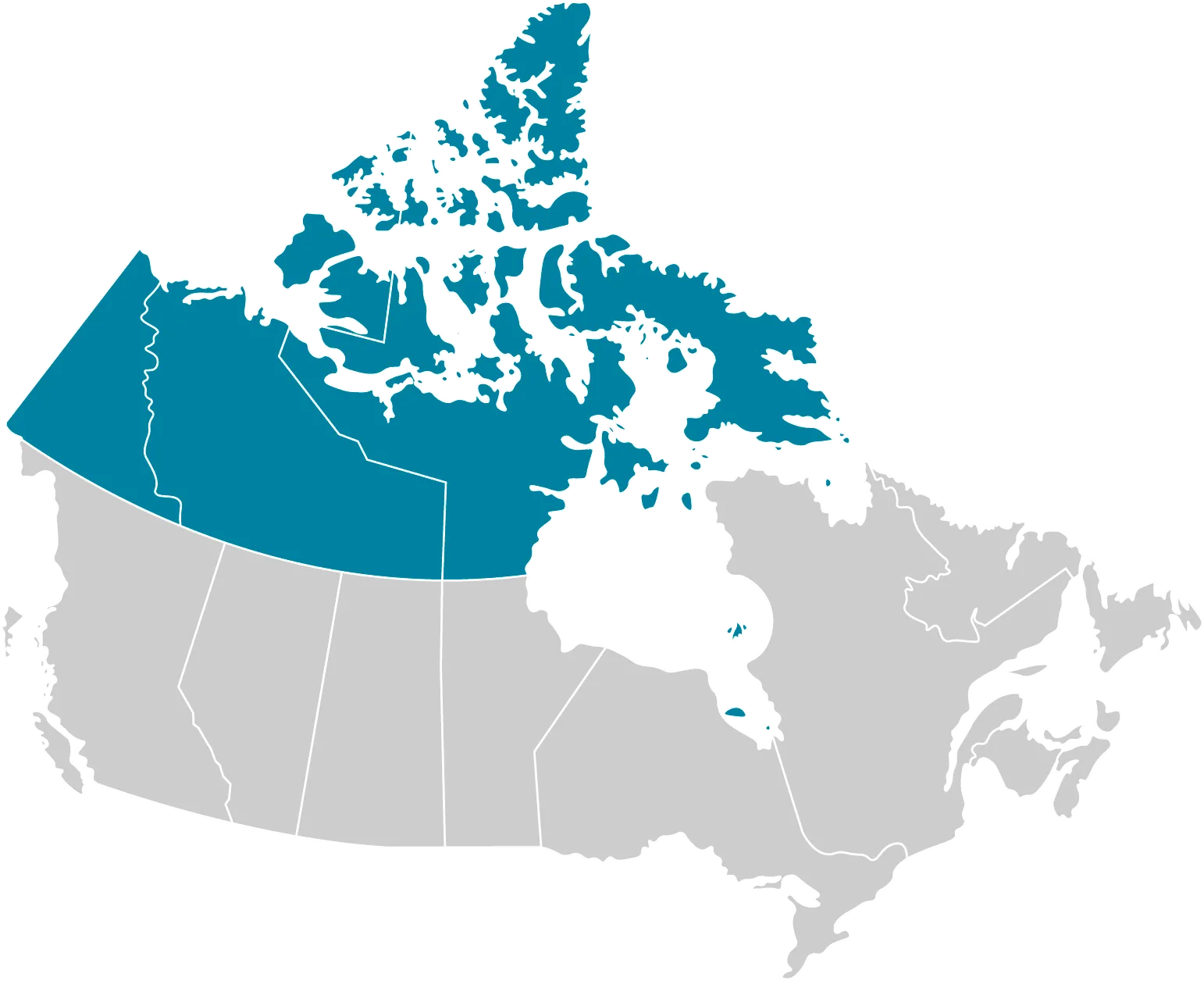

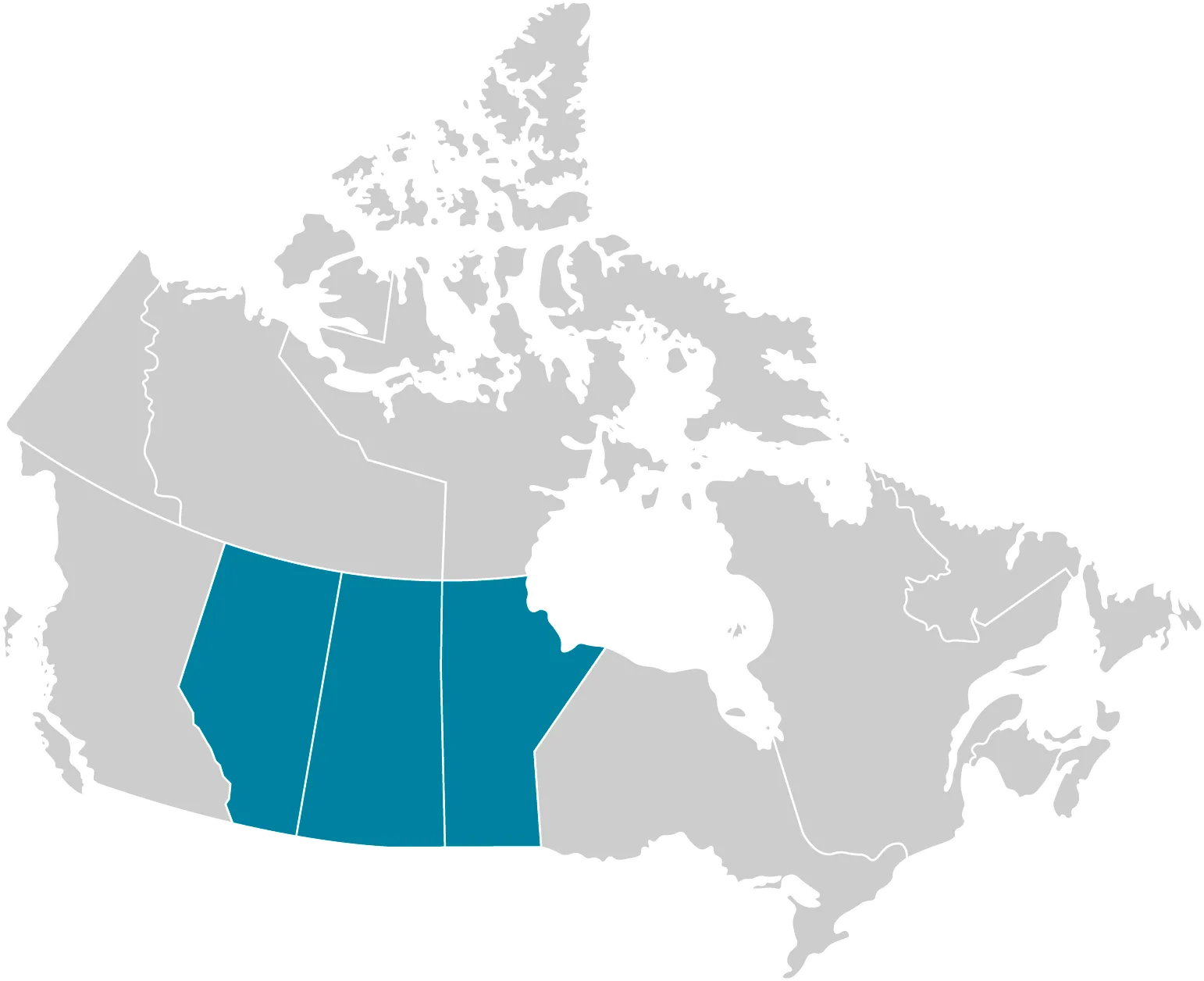

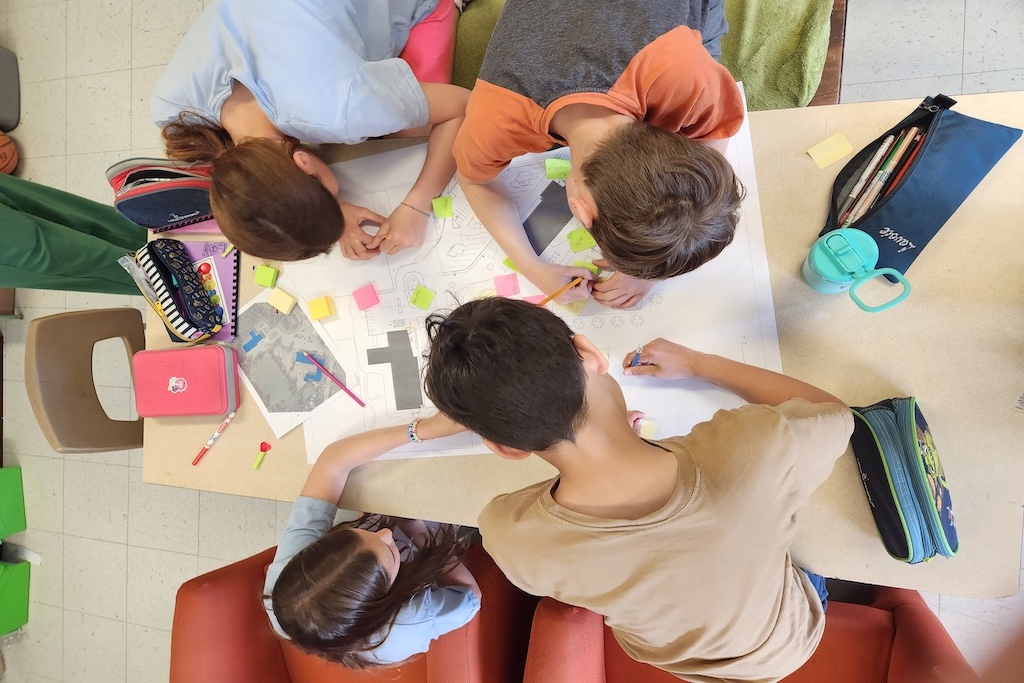
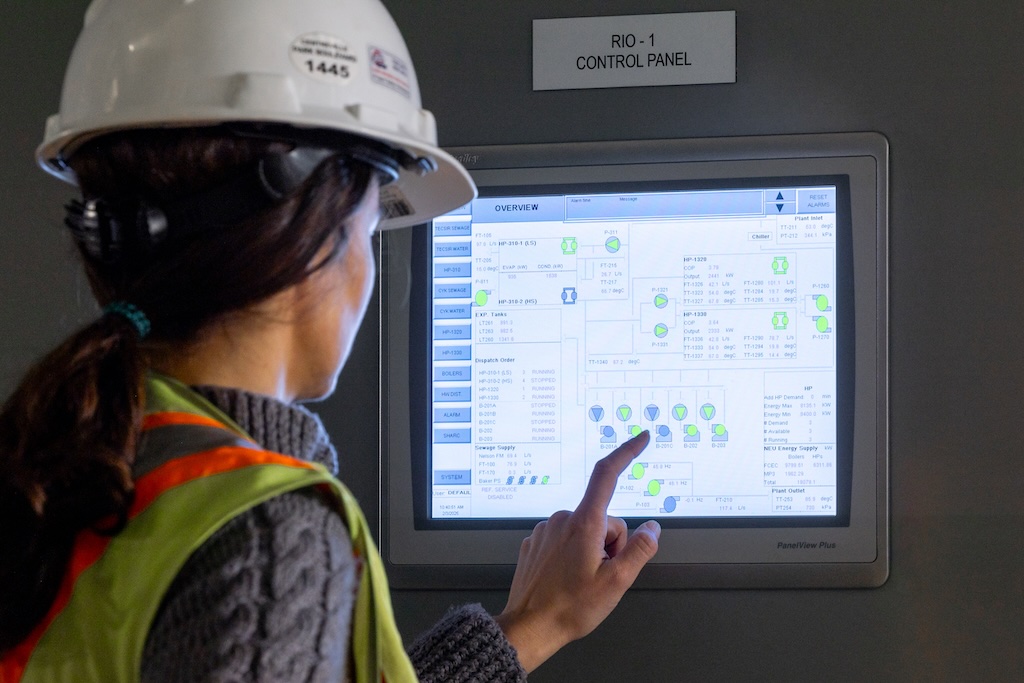

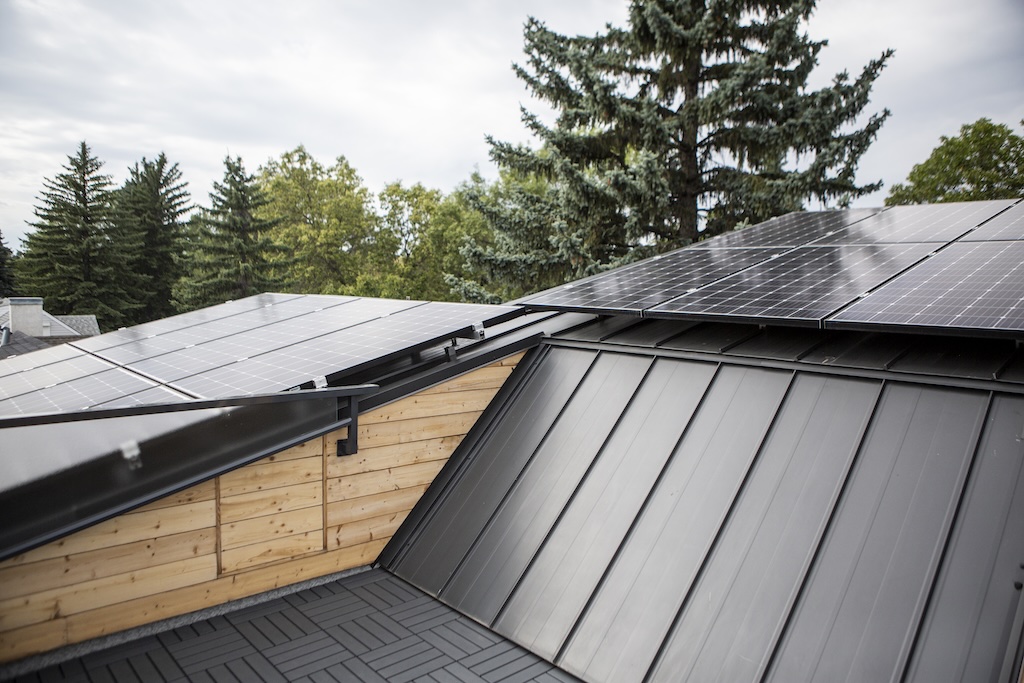


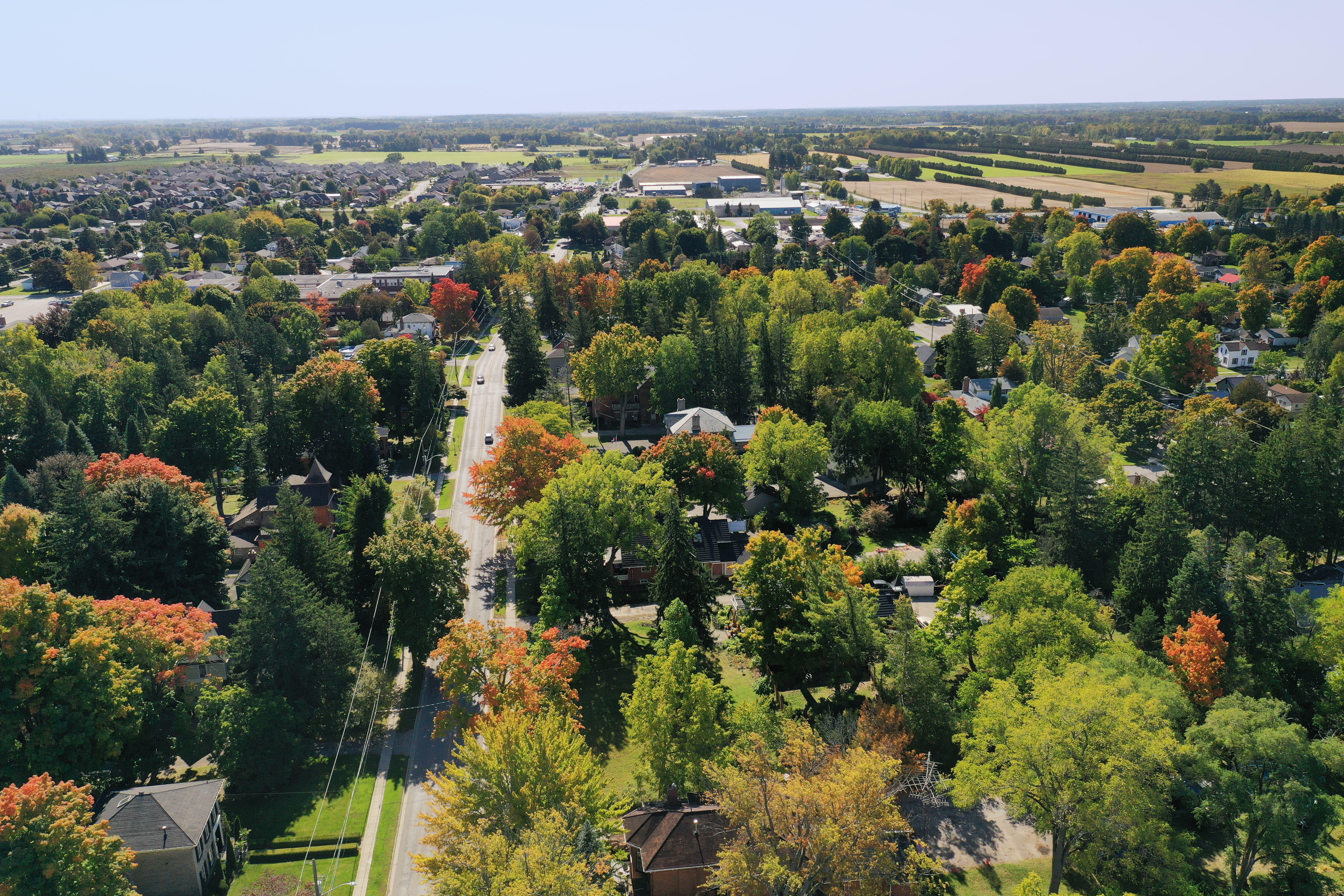
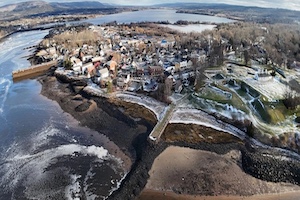
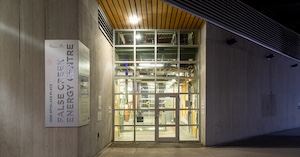
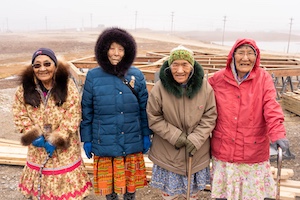

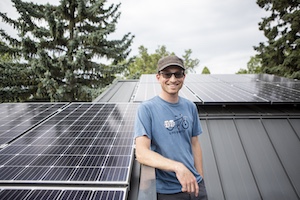

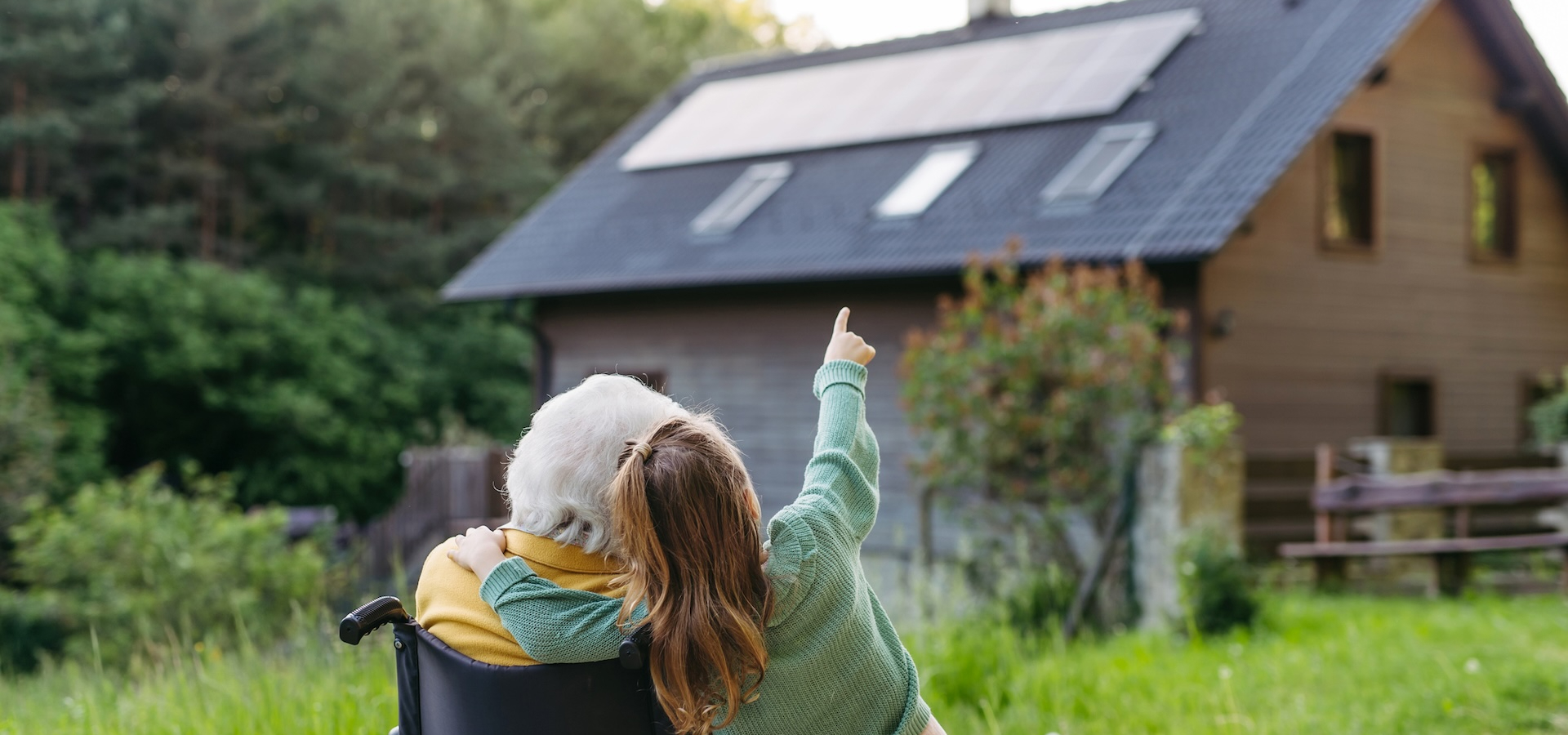
Social benefits
Many of today's biggest challenges are interrelated—extreme weather events and the cost of living, homelessness, energy poverty and equity—and their solutions can also be connected. That's why GMF makes a dedicated effort to broaden the social impact of every project we fund. Good investments solve more than one problem—GMF helps communities identify and tackle economic, social and environmental challenges all at once. This means communities get more value for every dollar spent.
Affordable housing (new builds and retrofits of existing units)
New builds and retrofits of affordable housing
completed capital and pilot projects
disbursed
Social benefits reported:
Community centres, cultural centres and libraries
capital projects completed
disbursed
Social benefits reported:
Recreation centres, pools and ice rinks
capital projects completed
disbursed
Social benefits reported: